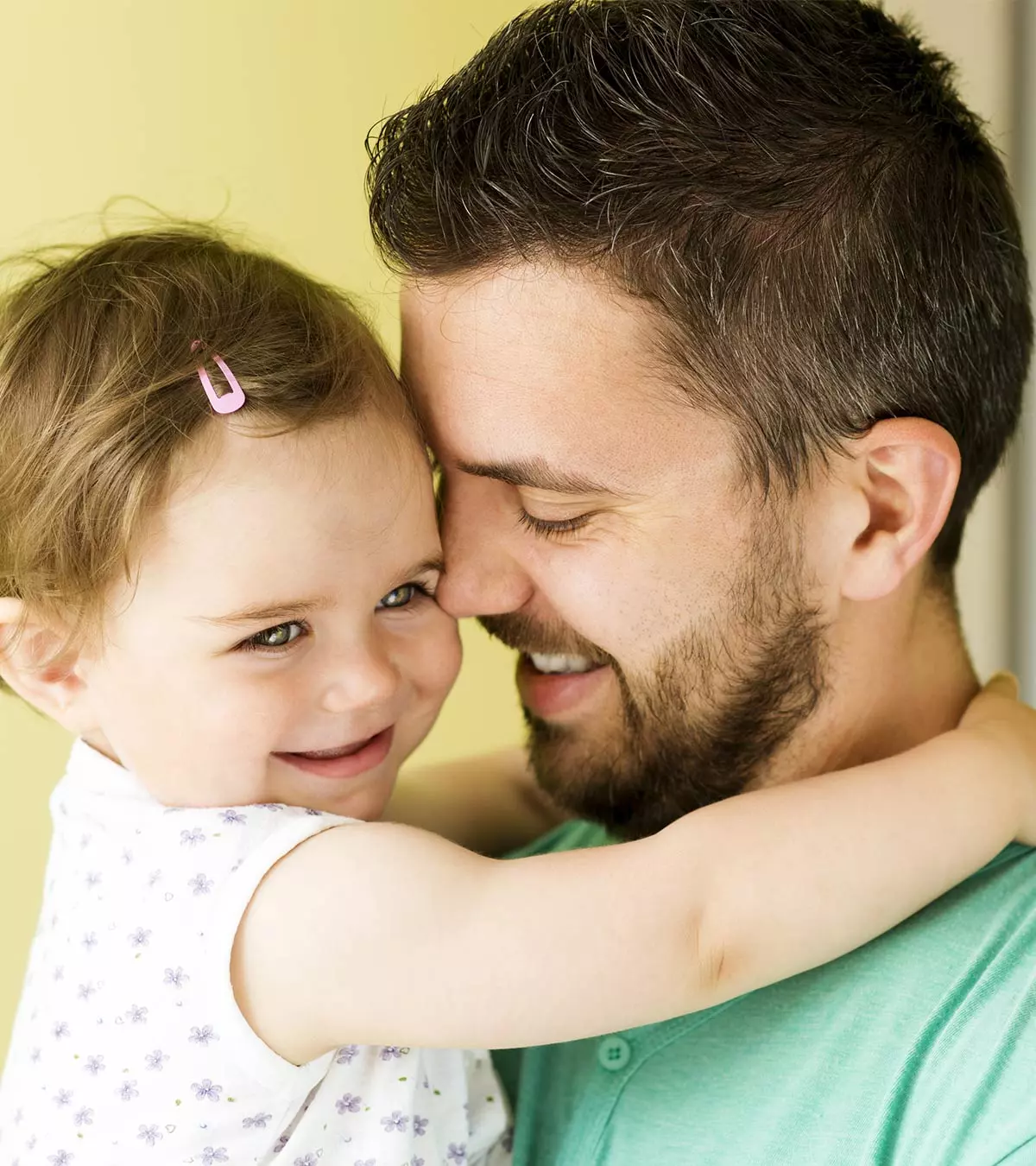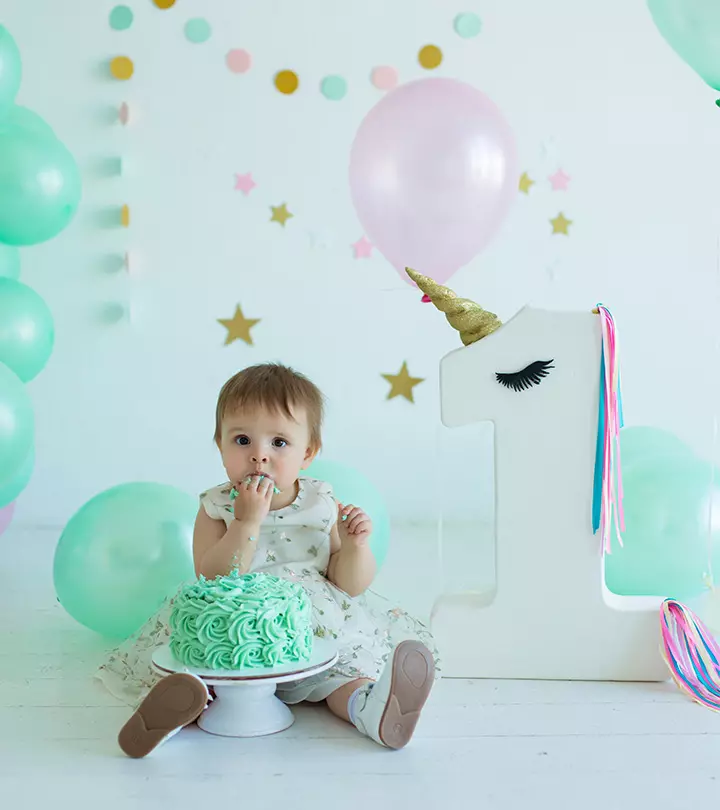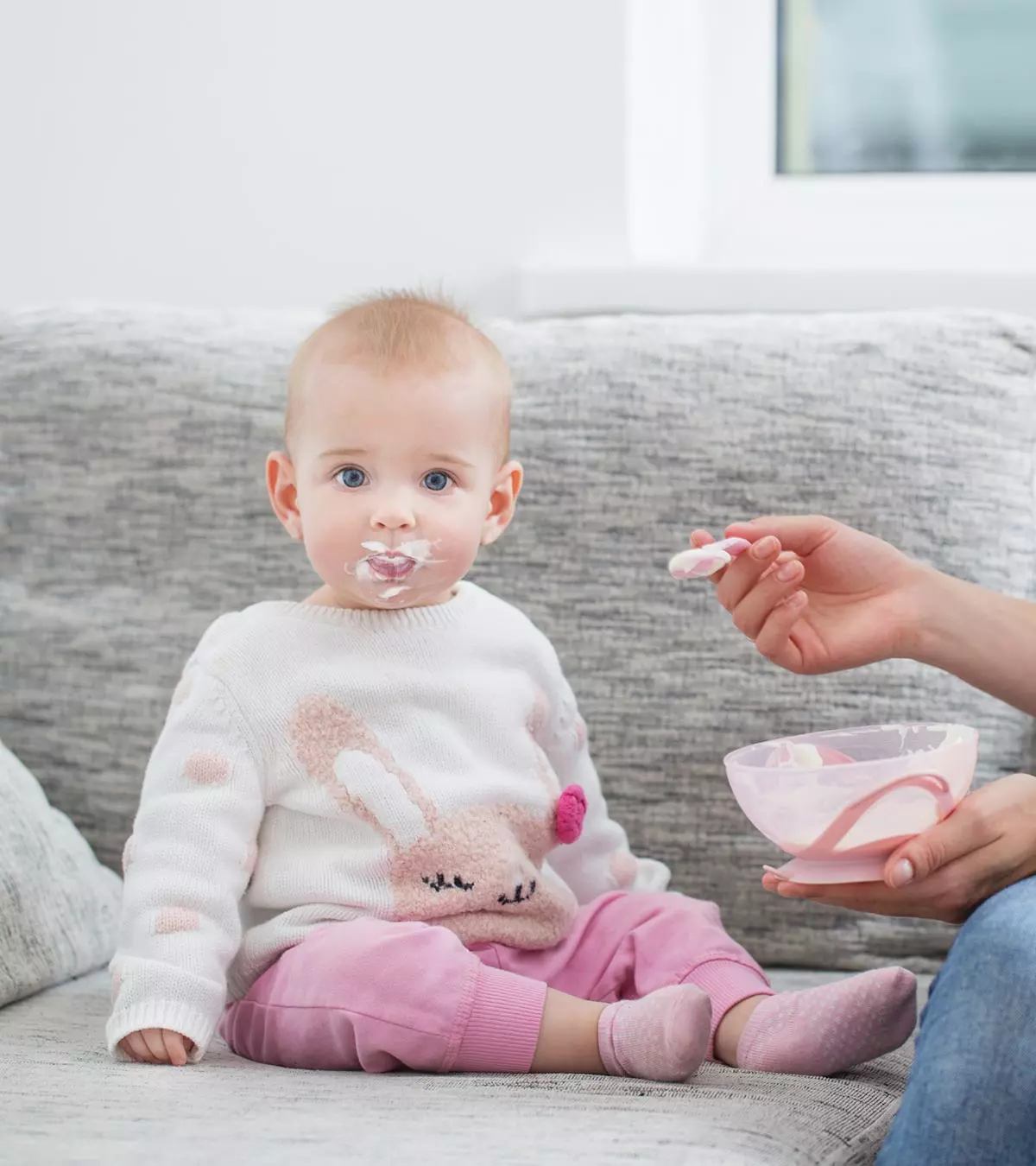
Image: Shutterstock
The influence of parenting on children is huge and impacts how children conduct themselves.
For example, maintaining a pleasant atmosphere at home could help nurture a confident child. On the other hand, a child who is anxious and nervous all the time may often be exposed to their outrageous parental behavior. Hence it is important to understand that your lifestyle practices and disputes with your partner could largely impact your child’s overall development and outlook towards relationships in life. Children look up to their parents for guidance. Proper parental and discipline could lead to the right upbringing of a child by instilling the values and teaching correct behavior.
Altogether, positive parenting and upbringing could achieve positive development of a child, while bad parenting can affect a child’s esteem, mental health, and social life. Read this post to explore the important aspects and consequences of positive and negative parenting on children.
 Experts say
Experts sayKey Pointers
- Parenting significantly impacts children’s development and behavior.
- Negative parenting creates a hostile environment, leading to disrespectful behavior, bad habits, and temperamental issues in children.
- Good parenting involves having reasonable expectations and polite interaction with children.
- Being a good example and understanding your children’s personalities can positively influence them.
Negative Influence Of Parents On Children
Negative parenting style can be detrimental to a child’s development and behavior
. Children who are victims of bad parenting could show improper behavior. Such is the impact of bad parenting.
1. Language:
Couples may show disrespect to each other or others by using a crude language. They may often curse in front of their children. A child may learn how to swear just by imitating his parents (1).
2. Bad Habits:

Image: Shutterstock
The bad habits of parents such as drinking, smoking and lying can grossly affect the physical and mental health of a child. A child who sees his parents following a disciplined lifestyle like healthy eating and regular exercising is more likely to imbibe and practice one himself (2).
3. Relationship Issues:
Tension and quarrel between husband and wife can mar a child’s physical and mental well-being(3)
. The hostile atmosphere at home will suppress the little ones confidence and desires. It not only takes a toll on his equation with his parents but may also lead to his skepticism and distrust towards relationships in general.
 Experts say
Experts say4. Temper:
Children are often the victims of their parents’ bad temper. Such children are likely to develop a mercurial temperament.
Positive Influence Of Parents On Children

Image: Shutterstock
Various positive parenting styles can help nurture healthy habits and encourage positive behavior in children. Children develop best when they are raised with attachment and love. Family dynamics and parental involvement can play a major role in a child’s upbringing. Positive styles include clear and reasonable parental expectations as well as respectful and supportive interactions. These styles believe in nurturing their children and providing positive parental influence so that the children become the best version of themselves. Such kind of parental support is required in all situations.
1. Clear Message:
Parents need to communicate clearly the dos and don’ts to their children. For example: If you want your child to clean up the room, say, “Please clean-up the room” instead of “Don’t make a mess.” A clear communication of praise can provide apt motivation to your child.
2. Be A Good Role Model:
According to Mac Bledsoe, the author of Parenting with Dignity, being a good role model for the children inspires them to behave better. Parental control is necessary but try not to overdo it. Instead of using “Do as I say, not as I do” method, imbibe good qualities in yourselves. Remember parents are a child’s first teachers. Good or positive mentoring is what your child requires, and not controlling.
How To Be A Good Role Model For Your Child
Being a role model for your child involves various key practices.
- Begin by being open about your life, letting your child see the real you, including your imperfections.
- If you’ve made mistakes, share them openly, transforming them into valuable learning experiences for your child.
- A crucial aspect is to be an attentive listener. Children have daily experiences and insights to share; being a receptive listener fosters open communication and understanding. It’s not always about teaching; sometimes, it’s about learning from your child’s perspective.
- Demonstrate kindness and respect in both your words and actions toward others.
- Use problem-solving skills to handle challenges calmly and productively. Avoid reacting with anger, as this sets a negative example for your child.
- Maintain a positive attitude, encouraging optimistic thinking and behavior.
- Also, extend kindness and care to yourself, showing the importance of self-love.
A mother and an anonymous blogger from Toronto shares how her parents influenced her life. She writes in her blog, “My mom and dad shared essential values, and taught me early on to heed them. Showing kindness would reap its rewards, being honest would free you of guilt, sharing with those less fortunate would manifest itself in ways you couldn’t even possibly imagine sometimes. From both of them, I learned tolerance… even if I didn’t like someone. They taught me the importance of working harder for what I wanted. Perhaps, the more difficult something is to attain, the more worthwhile (i).”
3. Understand Your Child:
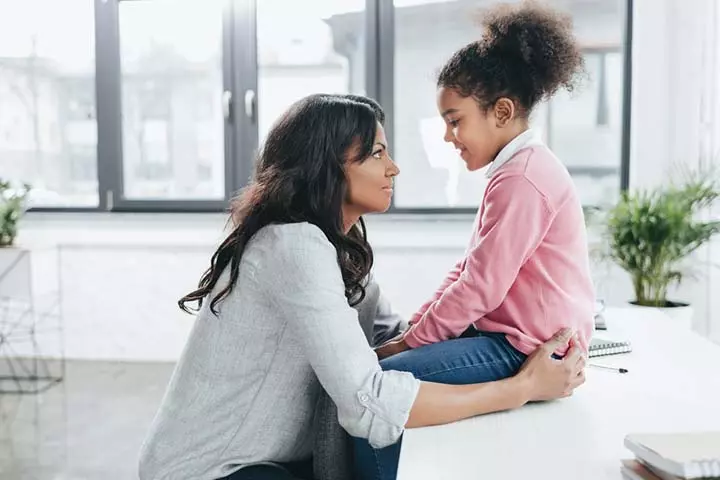
Image: Shutterstock
Gary Smalley, the author of Homes of Honor Parenting Manual, encourages parents to understand their children’s personality type and then tailor their interaction. He insists that parents should appreciate their children with a hug or a ruffle in the hair once they do the task. Non-verbal communication too can enhance the understanding parents share with their young ones. Praising children for their effort instead of just the result helps boost their self-esteem and motivation. By encouraging a growth mindset, parents can teach kids to face challenges and learn from their mistakes.
Frequently Asked Questions
1. Why are parents important to children?
The role of parents holds great importance in children’s life. Happy and stable relationships with parents may help children in the following ways (4).
- Enable them to develop happy relationships with others
- Give them greater ability to stay stable during stressful conditions
- Promote better mental and emotional development
- Create a foundation for strong academic skills
- Help them become great problem-solvers
2. Do parents influence a child’s personality?
A study on 451 participants revealed that parents significantly influence children’s personalities, promoting competence and well-being in adolescence and adulthood (5).
3. Can my influence on my children change over time?
Yes, parents’ influence over their kids can shift over time. As kids become older, they become more independent, establish their own opinions and make decisions for themselves. Even when they still have a big part to play, parents’ influence may change from providing direct direction to more of a supporting and consultative one. The child’s opinions and choices change due to peer influence, education, and personal experiences, affecting the relationship between parents and children.
4. How does parental affection affect my children’s emotional development?
The emotional growth of a child is very much dependent on parental love and affection, especially in their childhood. It establishes a solid attachment pattern that fosters emotions of love, trust, and security. Children shown affection tend to have higher social skills, emotional control, and self-esteem. They have a better chance of developing good connections and adopting a positive attitude toward life. Parental love paves the way for a child’s development and happiness by strengthening emotional stability.
The influence of parents in shaping and molding their child stays for life. Thus, parents, as the first people of authority in their child’s life, should work on positive influences to inculcate healthy habits and good behavior in their children. To do that, parents should avoid negative influences like disrespectful behavior with others, using crude and abusive language, and lying. Instead, it is the parents’ responsibility to understand their child’s needs, communicate with children clearly, and act responsibly to lead by example. Remember, parenting is a responsible job that requires persistent efforts. So, keep working on yourself to be the best role model for your child.
Infographic: Things You Should Not Say To/In Front Of Your Children
Children are highly influenced by their parents’ words and activities. Therefore, check out and save this infographic to learn what you should not say in front of your child. Illustration: Momjunction Design Team
Illustration: Negative and 3 Positive Influences Of Parenting On Children
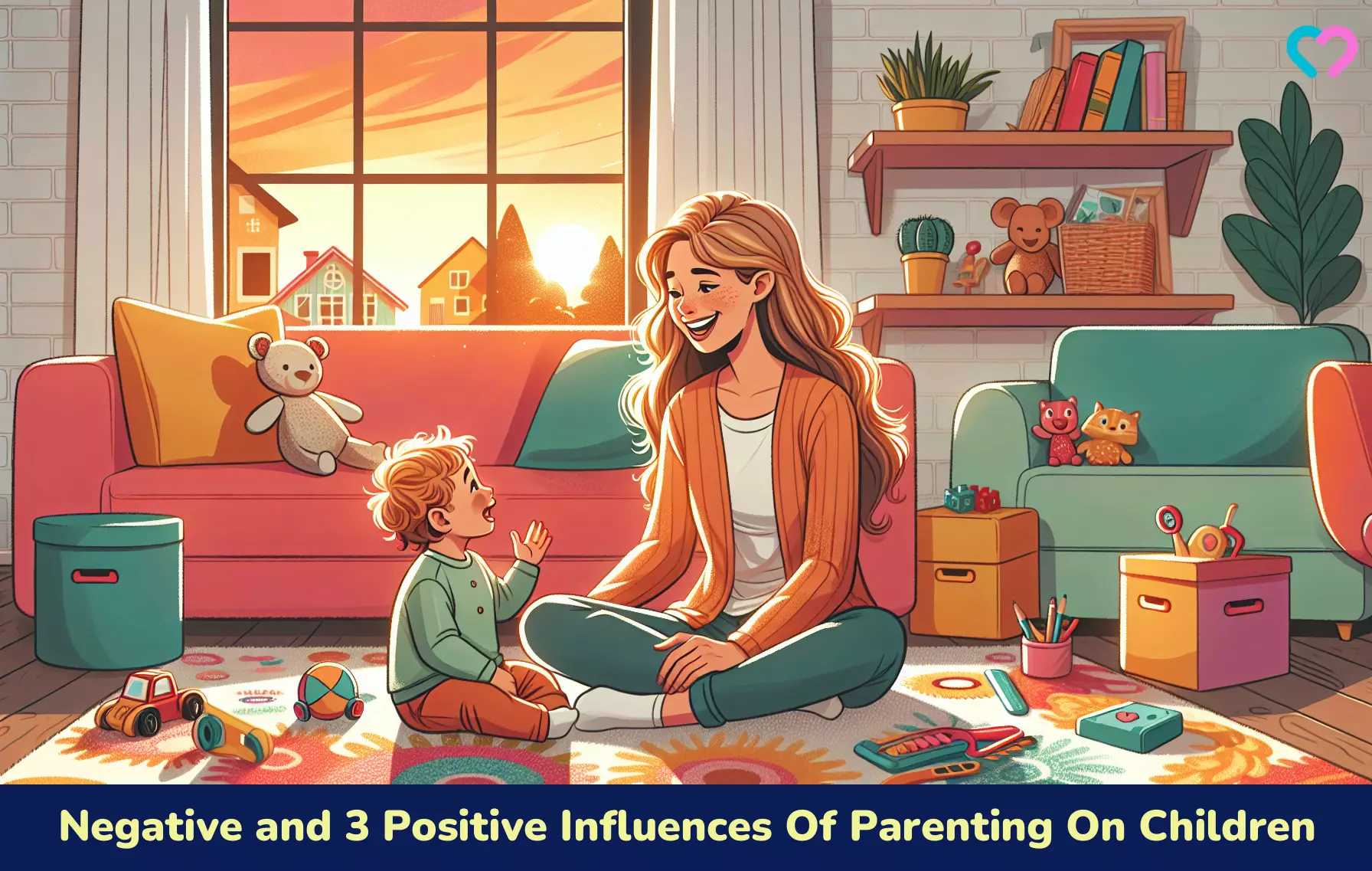
Image: Dall·E/MomJunction Design Team
Unravel the intricacies of parenting styles and their profound impact on your life through this enlightening video. Gain insight into how your upbringing has shaped you and discover empowering ways to navigate your own path forward.
Personal Experience: Source
MomJunction articles include first-hand experiences to provide you with better insights through real-life narratives. Here are the sources of personal accounts referenced in this article.
i. Who had the most positive influence on you as a child?https://thebloggingbubby.wordpress.com/2021/02/15/who-had-the-most-positive-influence-on-you-as-a-child/
References
- Inappropriate language – When children use “bad words.”
https://extension.psu.edu/programs/betterkidcare/early-care/tip-pages/all/inapropriate-language-2013-when-children-use-201cbad-words201d - Young children learn by copying you!.
https://www.canr.msu.edu/news/young_children_learn_by_copying_you - Family And Home.
https://www.urbanchildinstitute.org/resources/publications/data-book-2013/family-home - Psychosocial Consequences of Parenting
https://www.iosrjournals.org/iosr-jhss/papers/Vol.%2021%20Issue2/Version-5/C021251017.pdf - Parenting Knowledge, Attitudes, and Practices
https://www.ncbi.nlm.nih.gov/books/NBK402020/
Community Experiences
Join the conversation and become a part of our nurturing community! Share your stories, experiences, and insights to connect with fellow parents.
Read full bio of Dr. Maymunah Yusuf Kadiri
Read full bio of Harshita Makvana
Read full bio of Rebecca Malachi
Read full bio of Apoorva K













